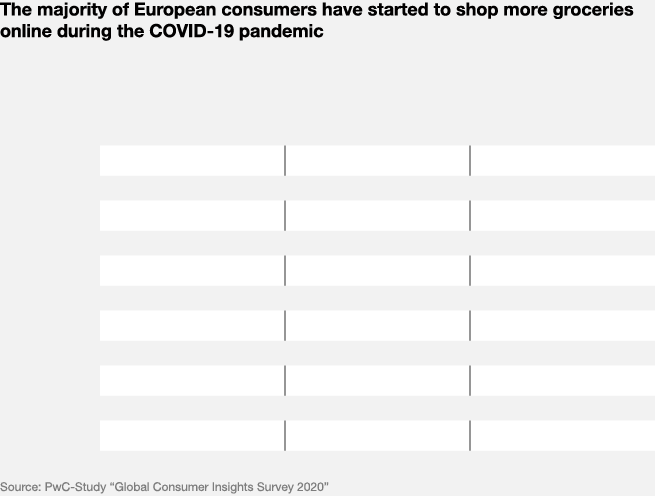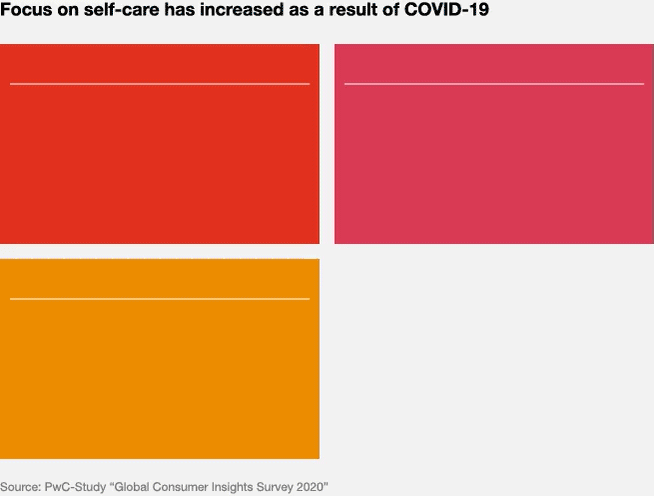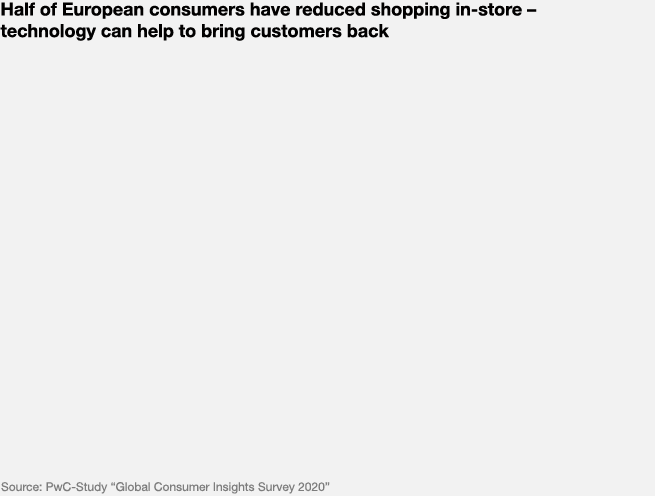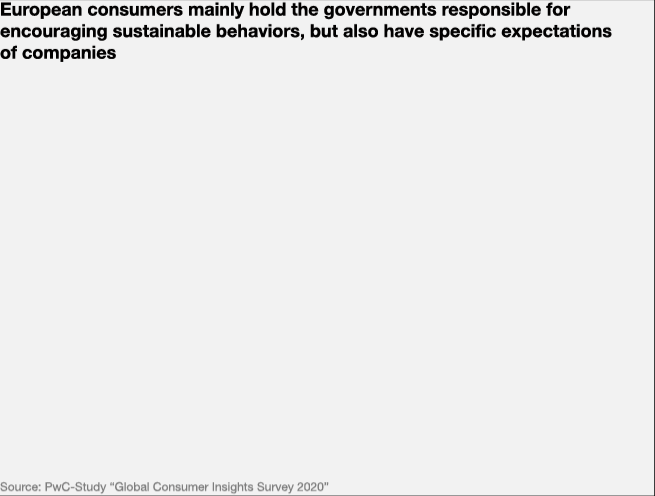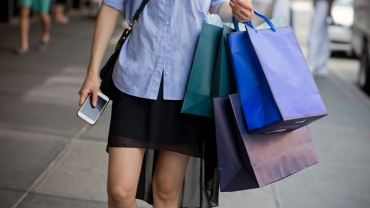
The COVID-19 pandemic is the most significant challenge that consumer businesses have faced for decades. While food retailers have largely benefited from the pandemic, especially during periods of lockdown, non-food retailers are only beginning to make a slow recovery from the impact of coronavirus-related restrictions. Online retail is winning the battle to adapt, with double-digit growth rates in the second quarter of 2020.
40% of European consumers have experienced a decrease in household income because of the pandemic. As a result, 38% plan to reduce their spending over the next few months. Consumers in the countries that have been most severely affected by the pandemic are particularly determined to spend less: 56% in Spain, 43% in the UK, and 42% in Italy. This means discretionary spending will be postponed or avoided altogether, and consumers will look for cheaper offers.
COVID-19 has sped up changes in the way people live, work and shop. This creates opportunities for retailers and consumer goods companies to capitalise on accelerating consumer trends. Lessons from the 2007-08 financial crisis suggest that some of the behavioural changes we have seen during this pandemic will persist in the future.
In this article, we share our thoughts about how COVID-19 has impacted consumer trends. Our insights are based on consumer research that we conducted in seven European countries before and after the outbreak of the coronavirus.

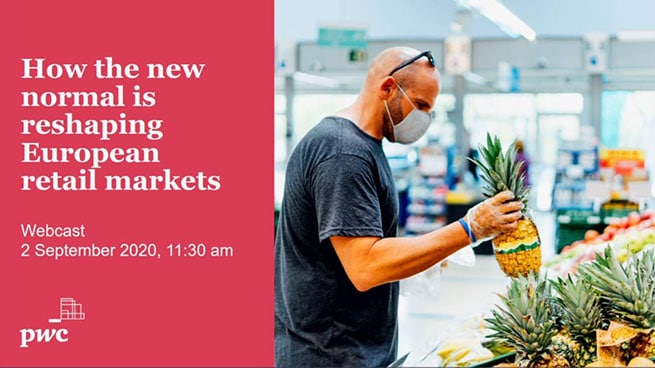
Webcast: New consumer trends in retail
Our experts discuss the influence of COVID-19 on consumer behaviour in Europe and present in more detail the country-specific results of our Global Consumer Insights Survey 2020 (recorded on 2nd September 2020).
Methodology
For the European edition of PwC's Global Consumer Insights Survey 2020, we polled European consumers who live in cities about their purchasing behaviour in two separate studies. The first study was conducted before the outbreak of the COVID-19 pandemic and covered 6,185 consumers from 22 cities in seven European countries. The second study was conducted in April and May 2020, after the outbreak of the pandemic, and covered 3,400 consumers from seven countries (France, Germany, Italy, the Netherlands, Spain, Sweden and the United Kingdom). We chose urban consumers because millions of people live in cities, and this concentration of the population has created a new era in consumer behaviour. Cities are vibrant centres of education and innovation, and greenhouses for new ideas. We want to understand how cutting-edge consumers behave – and gain insights into the key implications for businesses.




